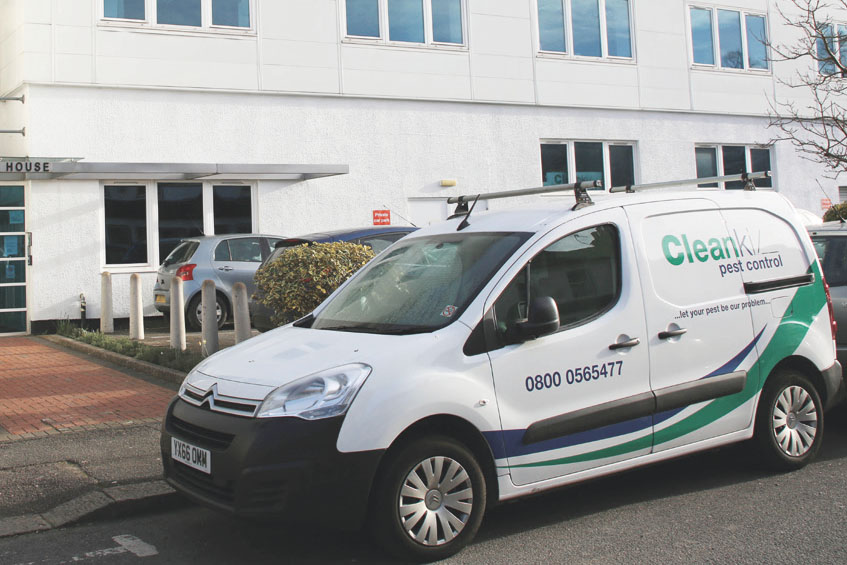
Part of running a successful business is utilising the tools at your disposal. Automation gives your finance team the headspace to focus on insight generation rather than being stuck gathering and processing numbers. But not every business has embraced this change.
The benefits of implementing automation
The overall objective of automating your financial processes is to allow you to get more from your data. This is achieved through:
• Time saving – your team are freed up to focus on more meaningful work spotting trends and patterns in your numbers while your systems process the data in the background.
• Real-time reporting – when automation is set up well, you have up-to-date, real-time financial data. This gives you a clearer picture of your finances and can focus on pivotal parts of the business, like sales, revenues and costs etc.
• Reducing human error – by automating the data-entry process, you also remove the potential for mistakes. It’s extremely rare for the software to get the calculations wrong, so by opting for an automated process you reduce the human errors and improve the overall quality of your business data.
These tangible benefits lead to greater knowledge of your business and its strengths and weaknesses which
allow you to look to the future more accurately.
Improved forecasting
One of the key benefits of setting up a clean, streamlined digital business system is the impact it has on your ability to deliver deep forecasting – and offer a line of sight of both the positives and the negatives in your numbers. Your reporting can be tailored to track relevant subsections such as region, branch or product. And this deeper view of your numbers is a bonus when it comes to monthly board meetings, understanding performance and making the most informed decisions.
Forecasting is about being able to demonstrate what you actually know vs what you think you know – and having the data and evidence to back it up. Even using the simplest forecast templates, you can start to spot opportunities and resolve key financial challenges. Having the ability to deliver more positive outcomes and to get in better control of the next stage of the business.
Change in mindset
As with any change in your business, it is vital that you communicate this well to your teams. The idea of automation can be intimidating so it’s important that you pitch this not as something that will replace jobs, but something that will allow your people to grow in their role and focus on the more exciting parts of the business. Automation brings efficiency and your people bring the insights based on the information your automation has delivered.
In order for your digital systems to deliver valuable reports your teams will need to embrace the data with confidence. This means that implementation will be the key to the success of your digital transformation. Working with an experienced advisor can be really beneficial here.
It is also important to measure where the gaps are in your teams’ capabilities. You’ll need to look at both the traditional functional skills of the role as well as soft skills around strategy. This may result in new hires or additional training of your existing people so that your teams can flex and grow with your business.
If you want to discuss how a digital approach can benefit your business, get in touch.
www.hwca.com/accountants-esher
T: 020 8549 5137. E: esher@hwca.com





